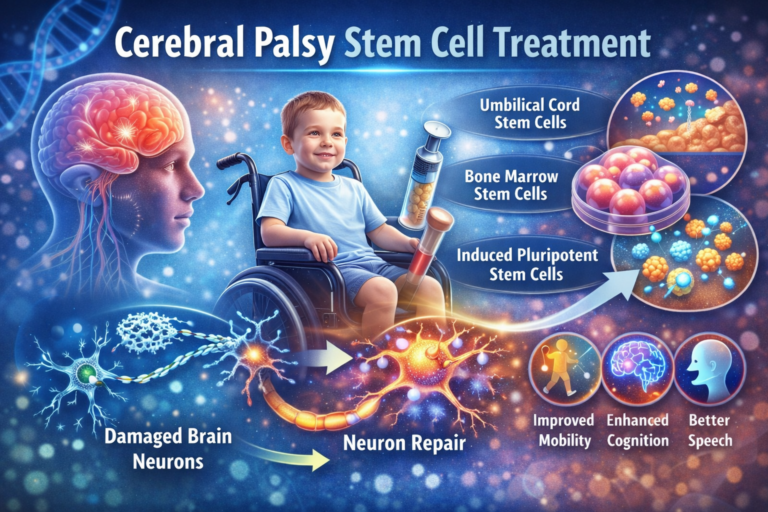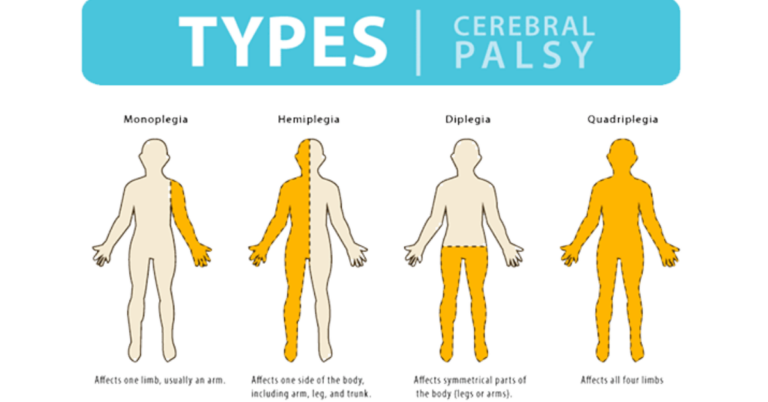The Science of Addiction: Understanding the Neurobiology of Dependency
Addiction is a complex phenomenon that involves changes in the brain’s reward system. When a person becomes addicted to a substance or behavior, their brain undergoes alterations that make it difficult to control impulses and make rational decisions. These changes are often long-lasting and can have a profound impact on an individual’s life.
Research has shown that addiction is more than just a moral failing or lack of willpower. It is now widely recognized as a brain disease, characterized by compulsive drug-seeking and use despite harmful consequences. Understanding addiction as a brain disease helps to reduce stigma and encourages people to seek the appropriate treatment and support to address their condition effectively.
The Role of Dopamine in Addiction
Dopamine, a neurotransmitter in the brain, plays a crucial role in addiction. It is often referred to as the “feel good” chemical as it is involved in regulating pleasure and reward in the brain. When substances or behaviors trigger the release of dopamine in excessive amounts, it reinforces the desire to repeat those actions, leading to addiction.
Individuals with addiction issues often experience a dysregulation in their dopamine system. This can result in a reduced sensitivity to natural rewards, pushing them to seek out larger doses of substances or engaging in addictive behaviors to compensate for the decreased pleasure. Understanding how dopamine functions in addiction is essential in developing effective treatment strategies that target these underlying neurological processes.
Impact of Genetics on Addiction
Research has shown that genetics play a significant role in the development of addiction. Individuals with a family history of addiction are at a higher risk of becoming addicted themselves. This suggests that certain genetic factors may predispose individuals to addictive behaviors.
Genes can influence various aspects of addiction, including a person’s susceptibility to developing a substance use disorder and their response to treatment. Specific genetic variations may affect how the brain’s reward system functions, leading to a higher likelihood of seeking out substances or engaging in addictive behaviors. Understanding the genetic component of addiction is crucial for developing personalized treatment approaches that target the underlying biological mechanisms.







